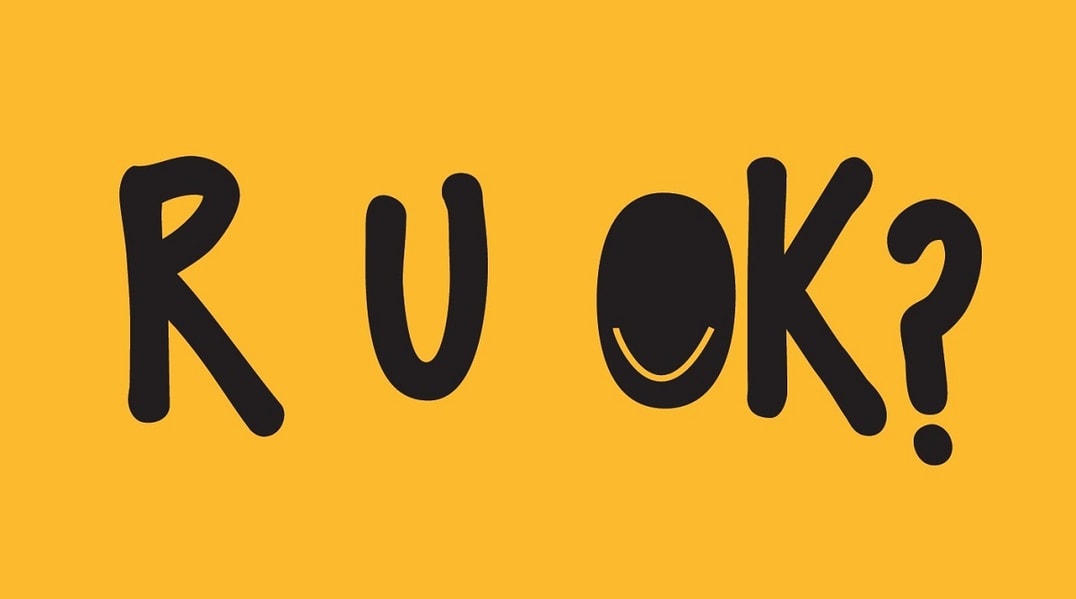R U OK?
The 14th of September marks R U OK? Day, a significant reminder to check in with your friends, colleagues and loved ones, including those with a disability. It only takes a simple question to start a conversation – ‘Are you OK?’

For First Nation’s people, connection to Country and community are essential elements of wellbeing, but what happens when that connection is missing?
When 17-year-old Seth first became a full-time resident with Scope in 2017, he had no link to family, community or culture and no clear diagnosis of his support needs.
Creating a support plan for the home’s first Aboriginal resident was no easy feat.
Unlike his new housemates, Seth didn’t arrive at Scope’s doors with enough supporting documentation such as behaviour support plans or medical records. Seth had health and nutritional challenges, and being nonverbal, also needed support with communication.
Operations Manager Orhan Pek, who was a house supervisor at the time, had his work cut out for him.
“He was like a blank canvas, we had no perspective whatsoever,” Orhan said.
“He had no information in terms of his cultural background or his health. We had to build it up and we had to engage with the right people.”
A Yamatji man from Western Australia, Seth is a keen artist and a passionate dancer with a fondness for music.
This love of music, and Seth’s desire to engage with Aboriginal communities, were kept at the forefront of his support plan.
But his support team identified certain cultural needs they weren’t able to meet themselves, and navigating this new terrain was a learning curve.
Piece by piece
While efforts to best support Seth were well underway (including successfully securing NDIS funding, organising speech pathology, and a behavioural support clinician), the team were still eager to bridge some of the cultural gaps in his plan.
“We knew it was best to engage health practitioners who understand the complexities for young Aboriginal men.”
Orhan contacted the Victorian Aboriginal Health Services (VAHS) in hope of finding culturally relevant and appropriate health support.
With the help of VAHS, Seth, who is naturally more trusting of people who look like him, finally began seeing his cultural background reflected in his physicians.
Aboriginal dieticians, dentists, paediatricians and GPs were all brought on board to help provide the most relevant and individualised care possible.
“Whenever we take him to VAHS, he feels closer to his community – you can see it in his body language, his demeanour changes,” Orhan said.
Seth also participated in NAIDOC week, where he met and connected with Aboriginal communities in Wantirna South and in Melbourne’s CBD.
Here, Seth’s love of music shone through and he was able to participate in various activities including drumming, dancing and music festivals.
He was also able to finally reconnect with his mother and grandmother and see them for fortnightly lunches in Shepparton.
While he is nonverbal, Seth understands Watjarri and his family lunches provide an opportunity to engage with his grandmother in their native language.
The staff team at Seth’s home attended Aboriginal cultural awareness training in order to better identify and meet Seth’s needs.
“It’s no longer a puzzle, we understand Seth and his family better now,” Orhan said.
“The cultural training, that put things in perspective for us = like the role of a male in an Aboriginal community, we understand that better now.”
The improvement in his quality of care led to clear progress in Seth’s ability to articulate himself, and in his overall wellbeing.
Today, Seth enjoys music programs, swimming, bowling and horse riding. Most importantly, he has connection to his community.